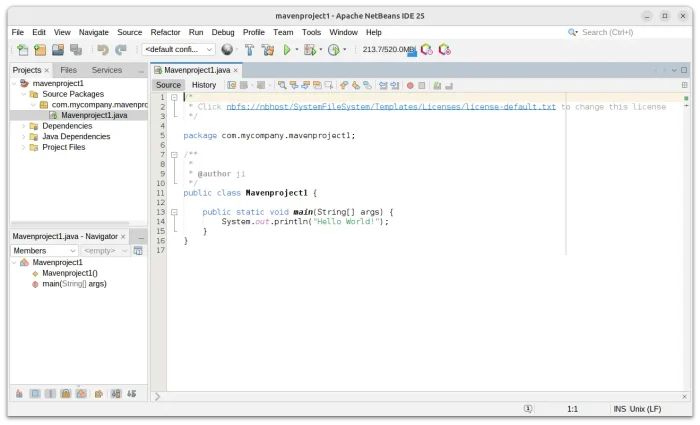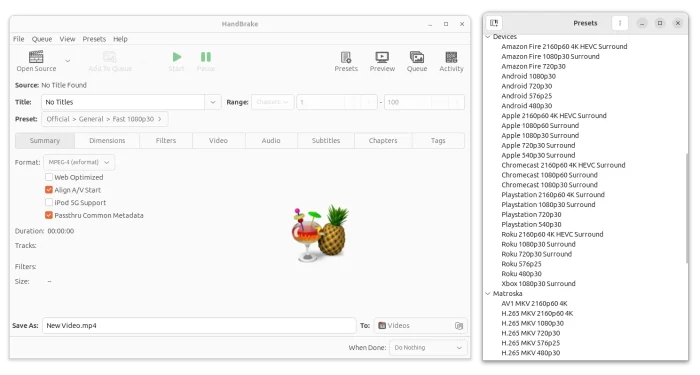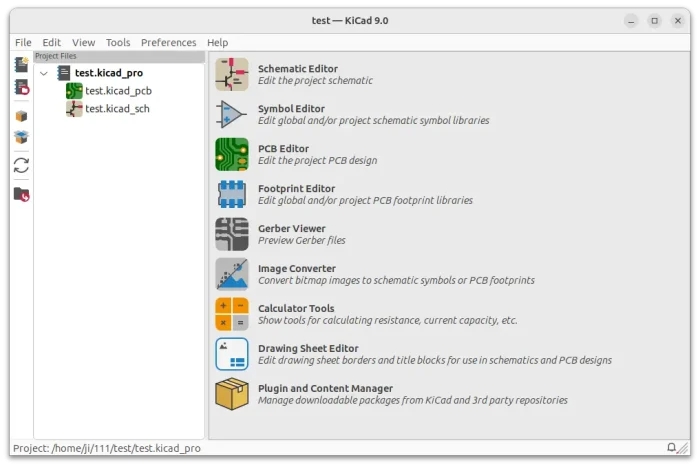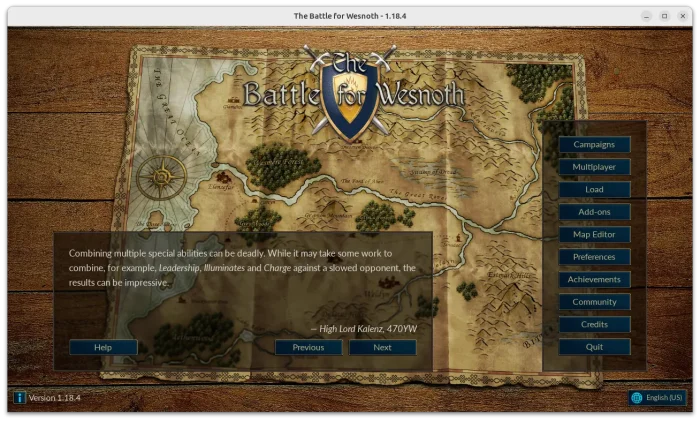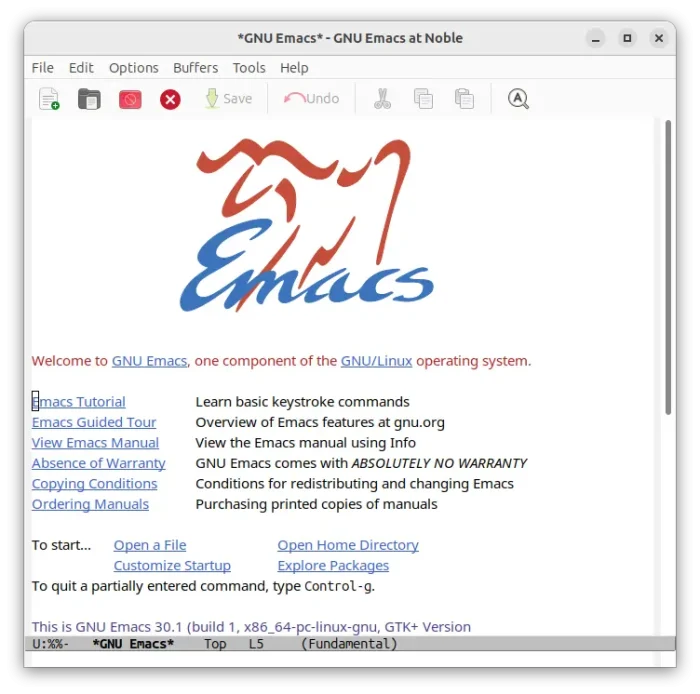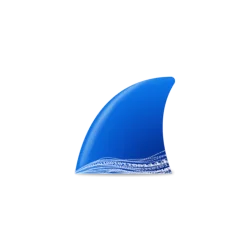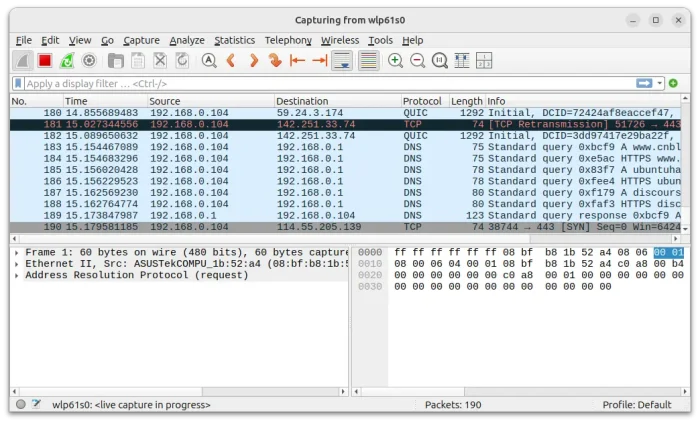This tutorial shows how to enable touchpad 4-finger swipe and pinch gestures in Ubuntu 24.04, 24.10 and 25.04 with default GNOME Desktop on Wayland.
GNOME since version 40 supports 3-finger swipe gestures to switch between workspaces and trigger overview screen. And, there’s an extension Gesture Improvements to enhance the features with 4-finger and pinch gestures support. However, the extension only supports Gnome from version 40 to 44.
If you want to extend the gestures on recent GNOME 45 ~ 48 (meaning Ubuntu 24.04+, Fedora Workstation 40+, etc), there’s now an open-source fork to do the job on Wayland.




